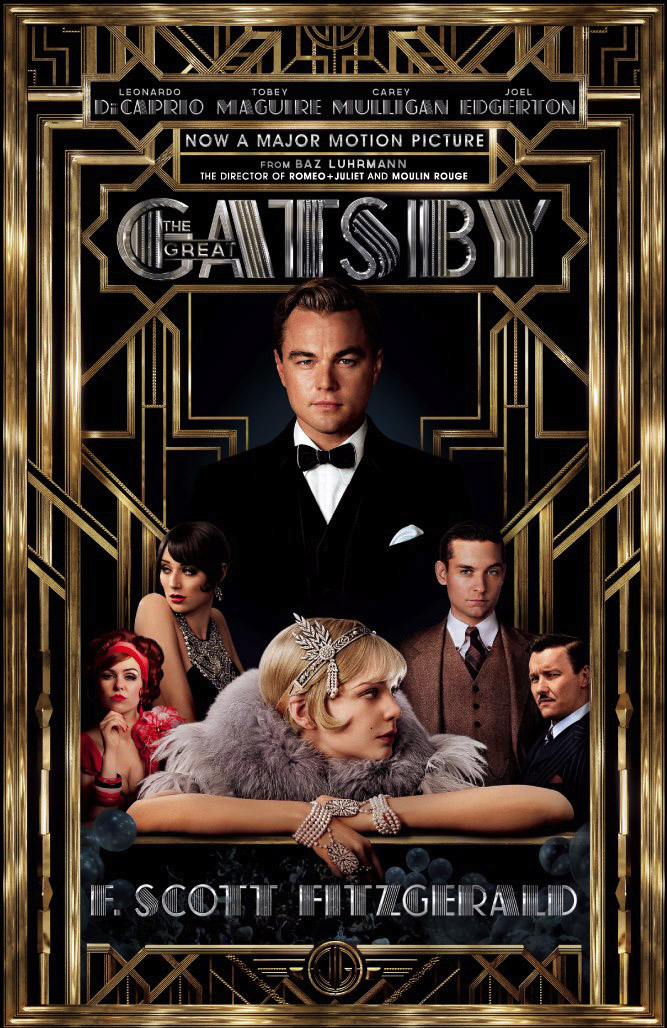
The framing device sets the movie explicitly in the context of the burst Wall Street bubble and the nation’s collective breakdown, the economic collapse as well as the rampant gangsterism that was a mere sanguinary trickle in the novel’s 1922 setting but which, by the late twenties, became a world-famous bloodletting. In the clinic, Nick is induced by his doctor to delve into his past-by means of writing-and, supplied with a typewriter, he undertakes a retrospective view of his life as it led to his collapse and begins it with the first words of “The Great Gatsby,” which, as he writes the words, becomes the story that’s shown on screen. The filmmakers’ most audacious creation is a framing story that renders the book’s predictive power explicit: that of Nick Carraway, who, in December, 1929, checks into a clinic to get off alcohol and to get over an apparent breakdown (or what Fitzgerald, writing about his own mental and physical crisis in 1936, called his “Crack Up”).

It’s easy to be cautionary after things go to hell Fitzgerald saw, and warned of, hell breaking through the collective illusion of paradise. In the retrospective post-Depression view, however, “The Great Gatsby” all made perfect sense, its iridescent beauty and poetic fancy appearing as no more than a bright and floating bubble that, as everyone knew, had catastrophically burst. The book is a cautionary tale that was offered to readers who, at the time, sought no caution. Beside the book’s intrinsically romantic qualities (and a doomed romance is often even more popularly romantic than one that works out), it reveals how Prohibition-which became the law of the land in 1919-infected the American character and offers a dim view of the financial markets that foreshadows the 1929 crash. “The Great Gatsby,” which was published in 1925, is a work of brilliant, fine-tuned clairvoyance-it sounded the death knell for a generation that was still alive.

Yet, unlike the “Quixote” of Pierre Menard-the latter-day word-for-word recreation of the novel that, Borges joked, would be an even greater act of imagination than is Cervantes’s account of his contemporary world-Fitzgerald’s “Gatsby” would still be a greater achievement than that of Luhrmann and his co-writer, Craig Pearce, for the same reason that the novel became widely acclaimed and popular decades after its own time.


 0 kommentar(er)
0 kommentar(er)
